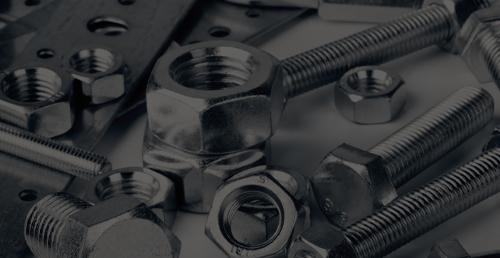Understanding Expansion Bolts for Structural Steel Applications and Their Effective Usage in Construction
Expansion Bolts for Structural Steel A Comprehensive Guide
Expansion bolts are a critical component in the realm of construction and structural engineering, particularly when it involves the connection and fastening of various materials to structural steel frameworks. These sturdy fasteners are designed to provide reliable anchorage in concrete, brick, or masonry, making them a preferred choice for a multitude of applications.
Understanding Expansion Bolts
At their core, expansion bolts consist of a bolt, a sleeve (or shell), and a cone or wedge mechanism. When the bolt is tightened, the cone or wedge is drawn upward into the sleeve, which in turn expands the sleeve against the base material. This mechanism ensures that the bolt securely grips the surrounding substrate, providing stability and strength suitable for heavy loads.
Expansion bolts come in various forms, including wedge anchors, sleeve anchors, and drop-in anchors—each designed for specific applications and substrate conditions. Wedge anchors are particularly popular for their versatility and ability to accommodate various load types, while sleeve anchors are often used in applications requiring less depth.
Advantages of Using Expansion Bolts
1. High Load Capacity One of the primary benefits of expansion bolts is their ability to support substantial loads. Their design allows them to resist shear and tensile forces effectively, making them ideal for structural applications.
2. Versatile Applications These fasteners can be employed in a variety of settings, from industrial structures to residential buildings. They are suitable for attaching brackets, rails, and even machinery to structural steel.
expansion bolts for structural steel

3. Simple Installation Expansion bolts can be easily installed with minimal tools. The process involves drilling a hole, inserting the anchor, and tightening the bolt. This simplicity can lead to significant time savings on the job site.
4. Durability Made from robust materials like stainless steel, galvanized steel, or carbon steel, expansion bolts are designed to withstand environmental factors, including moisture and corrosive elements. This makes them a reliable choice for outdoor applications.
Considerations for Use
While expansion bolts offer numerous advantages, the correct selection and installation are paramount to their performance. It’s essential to choose the right type of expansion bolt based on the material being anchored, the load it needs to bear, and the environmental conditions it will face. Factors such as the diameter and depth of the hole, the length of the bolt, and the spacing between anchors must all be carefully considered.
Moreover, it is vital to adhere to the manufacturer's installation guidelines. Incorrect installation can lead to failure, compromising the safety of the entire structure. This includes ensuring that the holes are clean and free of debris and that the expansion mechanism is fully engaged.
Conclusion
In the construction of steel structures, the role of expansion bolts cannot be overstated. Their reliability, load-bearing capacity, and ease of installation make them a preferred choice for engineers and contractors alike. As construction practices continue to evolve, understanding the applications and limitations of expansion bolts is essential for ensuring the integrity and safety of structural connections. By selecting the appropriate type of expansion bolt and following best practices for installation, construction professionals can enhance the durability and strength of their projects, paving the way for safer and more resilient structures.
-
Weatherproof Plastic Expansion Anchors for OutdoorHabarlarJun.06,2025
-
Sustainability in the Supply Chain: Eco-Friendly TEK Screws ProductionHabarlarJun.06,2025
-
Load-Bearing Capacity of External Insulation FixingsHabarlarJun.06,2025
-
Double Head Bolts: Enhancing Efficiency in Industrial MachineryHabarlarJun.06,2025
-
Corrosion Resistance in Chipboard Screws: Coatings for Wholesale DurabilityHabarlarJun.06,2025
-
Butterfly Toggle Bolts : Enhancing Structural ResilienceHabarlarJun.06,2025
